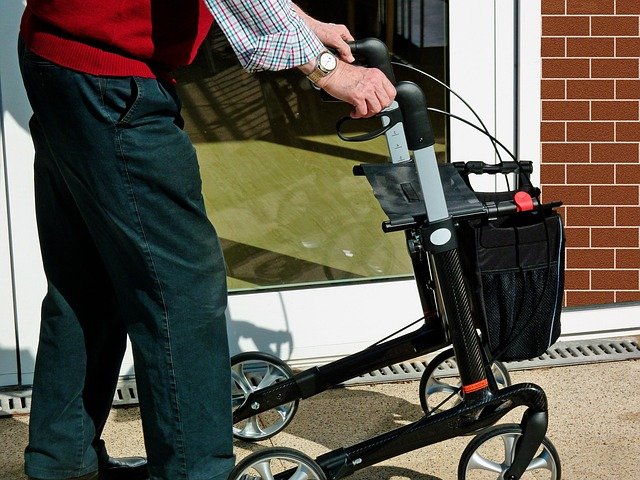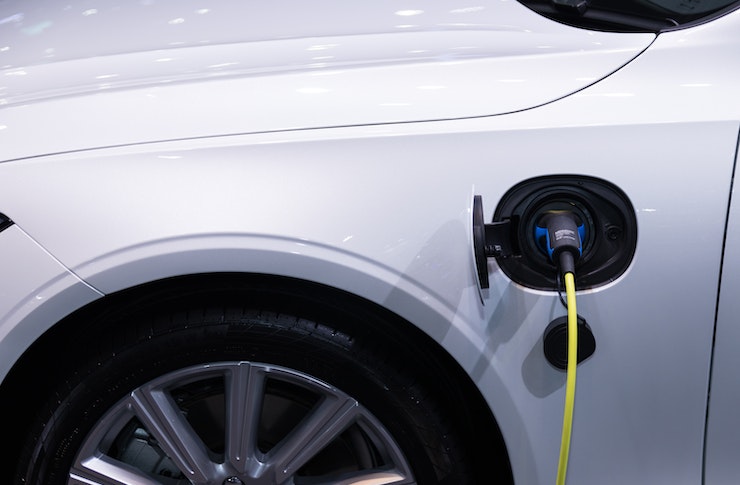Complete Guide to Medicare Coverage for Mobility Scooters
Understanding Medicare coverage for mobility scooters can be complex, but knowing the requirements and processes can help you access the mobility equipment you need. Medicare Part B may cover durable medical equipment including power-operated vehicles when specific medical criteria are met and proper documentation is provided by healthcare professionals.

Understanding Medicare Coverage Requirements for Mobility Scooters
Medicare Part B covers mobility scooters as durable medical equipment (DME) when they meet strict medical necessity criteria. To qualify, you must have a mobility limitation that significantly impairs your ability to participate in activities of daily living within your home. The scooter must be prescribed by a doctor who participates in Medicare, and you must obtain the equipment from a Medicare-approved supplier.
The coverage process requires a face-to-face examination with your physician, who must document that you have difficulty walking but can safely operate a scooter. Your doctor needs to provide detailed medical records showing that a scooter is medically necessary for use primarily within your home environment.
Complete Medicare Coverage Process in the USA
The Medicare approval process involves several steps that must be completed in sequence. First, your physician conducts a comprehensive evaluation and creates a detailed prescription explaining your medical need. The prescription must specify that you require a power-operated vehicle for mobility within your home due to a qualifying medical condition.
Next, you’ll work with a Medicare-approved DME supplier who will submit prior authorization paperwork to Medicare. This documentation package includes your physician’s prescription, medical records supporting the necessity, and detailed product specifications. Medicare typically takes 10-15 business days to review and approve or deny coverage requests.
Medicare Coverage Guidelines for Scooters in the US
Medicare follows specific guidelines when determining scooter coverage eligibility. You must demonstrate that you cannot safely use a manual wheelchair due to upper body limitations or cannot walk safely even with assistive devices like canes or walkers. The medical documentation must show that your mobility limitation exists within your home environment specifically.
Coverage is limited to basic scooter models that meet Medicare’s definition of medically necessary equipment. Premium features, upgraded batteries, or enhanced comfort options typically require additional out-of-pocket payments. Medicare covers 80% of the approved amount after you meet your annual Part B deductible, leaving you responsible for the remaining 20% plus any amounts above Medicare’s approved rates.
Documentation Requirements and Medical Necessity
Proper documentation forms the foundation of successful Medicare scooter coverage. Your healthcare provider must maintain detailed records showing your mobility limitations, previous treatments attempted, and why a scooter represents the most appropriate solution. The medical records should demonstrate that less expensive alternatives like canes, walkers, or manual wheelchairs are insufficient for your needs.
The face-to-face examination must occur within six months before your scooter prescription, and your doctor must be enrolled in Medicare as a participating provider. Additional documentation may include physical therapy evaluations, occupational therapy assessments, or specialist consultations that support your need for powered mobility equipment.
Cost Considerations and Medicare Coverage Limits
Understanding the financial aspects of Medicare scooter coverage helps you plan for potential out-of-pocket expenses. Medicare establishes maximum allowable amounts for different scooter categories, and these amounts vary by geographic region and equipment specifications.
| Coverage Type | Medicare Responsibility | Patient Responsibility | Typical Cost Range |
|---|---|---|---|
| Basic 3-Wheel Scooter | 80% after deductible | 20% coinsurance | $800 - $2,000 |
| Standard 4-Wheel Scooter | 80% after deductible | 20% coinsurance | $1,200 - $3,500 |
| Heavy-Duty Scooter | 80% after deductible | 20% coinsurance | $2,500 - $5,000 |
| Rental Option | 80% of rental fee | 20% of rental fee | $150 - $400/month |
Prices, rates, or cost estimates mentioned in this article are based on the latest available information but may change over time. Independent research is advised before making financial decisions.
Working with Medicare-Approved Suppliers
Choosing the right DME supplier significantly impacts your coverage experience and equipment quality. Medicare-approved suppliers must meet specific accreditation standards and maintain proper licensing to bill Medicare directly. These suppliers understand Medicare’s documentation requirements and can help ensure your paperwork is complete and accurate.
Reputable suppliers provide comprehensive services including equipment delivery, setup, training, and ongoing maintenance support. They should explain your coverage benefits clearly, help you understand any additional costs, and work directly with Medicare to process your claims. Always verify that your chosen supplier participates in Medicare before beginning the coverage process.




